Ticks are known for being nasty pests and bloodsuckers, many of whom transmit dangerous diseases that can cause serious harm to our health. Naturally, people usually do their best to cast these parasites off their yards and territory. However, there are quite many reasons why these tiny creatures can be good for nature and even bring certain use!
So what is the purpose of a tick? Interested?
Then keep on reading! It’s going to be quite an unusual article today!
What Possible Purpose Do Ticks Serve?
What are ticks good for? You probably have already asked yourself this question. Indeed, what good can these blood-sucking parasites do to people or other living beings on this planet except for transmitting diseases and invading our yards every year to cause more troubles?
However, there are several quite important benefits of ticks that most of us have no idea about! And believe us, you will be pretty much surprised to learn that ticks, in fact, are very important for the ecosystem!
- They serve as food for other animals
- The population of ticks can tell the scientists how the ecosystem is doing in general
- They take part in providing the diversity of life on our planet since ticks carry various microorganisms and bacteria
So as you can see, even seemingly useless creatures such as ticks can play an important role in existence and development of life on our planet. And now, let us take a closer look at their benefits rather than disadvantages to see what we could tolerate ticks for.
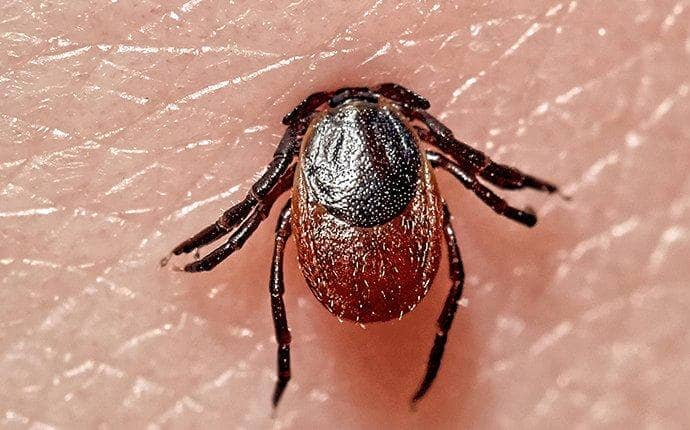
What Purpose Do Ticks Serve In Nature?
Many insects and bugs are helpful both for people and animals in the wild. For instance, lady bugs are known destroyers of aphids. But what about such unwelcomed creatures as ticks?
The major purpose of ticks in nature is that they are used by other animals as food. In other words, it means that ticks support other forms of life by their mere existence.
There are quite many species of animals, birds, and reptiles in the wild that consume ticks. For instance, wild turkeys, guinea fowls, and opossums adore these arachnids as their meal.
What Evolutionary Purpose Do Ticks Serve?
Do ticks serve a purpose in the evolution process? You will be surprised, but they do! You see, we all know that these parasites carry tons of microorganisms including different bacteria. And of course, everyone is aware that ticks are the number one transmitters of dangerous and sometimes even deadly diseases!
All this contributes to their major evolutionary purpose of controlling the population of species. Since ticks feed on the blood of mammals in nature, they often transmit those illnesses onto their hosts. Naturally, weak and old animals die giving more space to younger and stronger ones. Like this, ticks happen to participate in natural selection of species.
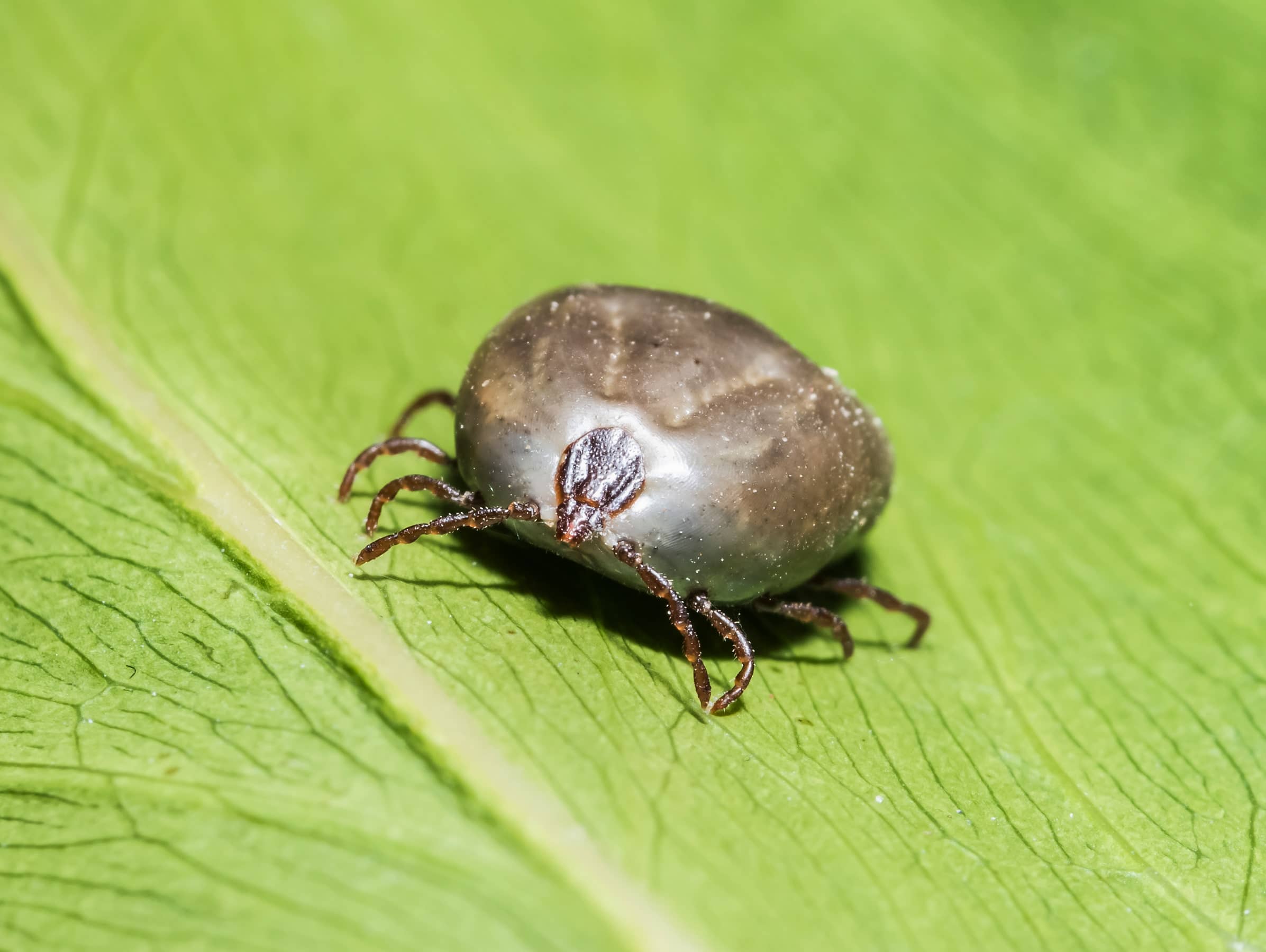
What Purpose Do Ticks Serve In the Ecosystem?
What do ticks do for the environment? It so happens that these tiny creatures have a positive impact even in this sphere! You might not be aware of this, but ticks help scientists to monitor the state of the environment and ecosystem!
Scientists always monitor the tick population to see how certain ecosystems are doing. In the areas where ticks are abundant, the populations of small animals, for instance, rodents like squirrels or rabbits, will flourish. On the other hand, if the scientists see that ticks population is low, it most likely means that the predators that feed on smaller mammals are getting out of control in this area.
Like that, ticks help us keep the populations of animals and birds under control and thus keep the balance in nature.
Possible Harms That Ticks Can Cause to Humans And How to Avoid Them
As you can now see, ticks are not only “bad guys” of nature. They also take an essential place in the ecosystem of the area they inhabit. Nevertheless, there are still multiple hazards that these parasites bring to us, people, and it is always good to be aware of them.
Moreover, since there are many species of ticks existing, different kinds of them carry different diseases.
So to better understand what you should expect from this or that kind of tick in terms of any possible danger, check out this chart we prepared for you:
[table id=144 /]
All these diseases are dangerous for people, and some of them can even be deadly! No wonder that people do their best to repel these parasites from their yards every year during the tick season.
However, except for fighting these bloodsuckers if they already invaded your yard, there are preventive measures everyone must take to make sure that ticks are kept as far away from you and your family members (including pets!) as it is only possible.
- Avoid walking in the areas where you are sure ticks dwell.
- Always wear clothes with long sleeves and long trousers when going out in the wild. Long socks are also your must-have piece of clothing!
- Treat your clothes and gear with any product that contains 0.5% permethrin. Such protection will survive several washes and cast ticks away from you.
- Make use of insect repellents that are registered by the Environmental Protection Agency (EPA). Those must contain DEET, lemon or eucalyptus oil, or picaridin.
- Always check your garments and yourself, as well as your pets, for ticks after you come back home from the woods.
- Examine your hiking and outdoor gear as well.
- Remember to shower after each time being outdoors.
With these precaution measures, you will be able to avoid ticks bites and all the dangers connected with them.
Even though ticks can be useful for nature, they are still not good for us people.
This is why be careful and avoid getting in contact with them by all means.
What Do Ticks Do That Makes Them Beneficial?
You might be wondering what good ticks can do, but these creatures do have positive functions! The most obvious one is that ticks serve as food for many other living beings, from birds to lizards and animals. However, there are a few more reasons why ticks can be considered helpful for nature:
- The population of ticks can help scientists check the general condition of the ecosystem.
- Ticks contribute to providing the diversity of life since they carry various microorganisms and bacteria.
- Ticks help to keep animal populations in check.
But except for these undoubtedly important reasons for ticks’ existence, there is one more reason we often forget. Just think about all those people who work hard to help others to get rid of these nasty little bloodsuckers! Yeah, tick exterminators have their job only thanks to these small and pesky creatures!
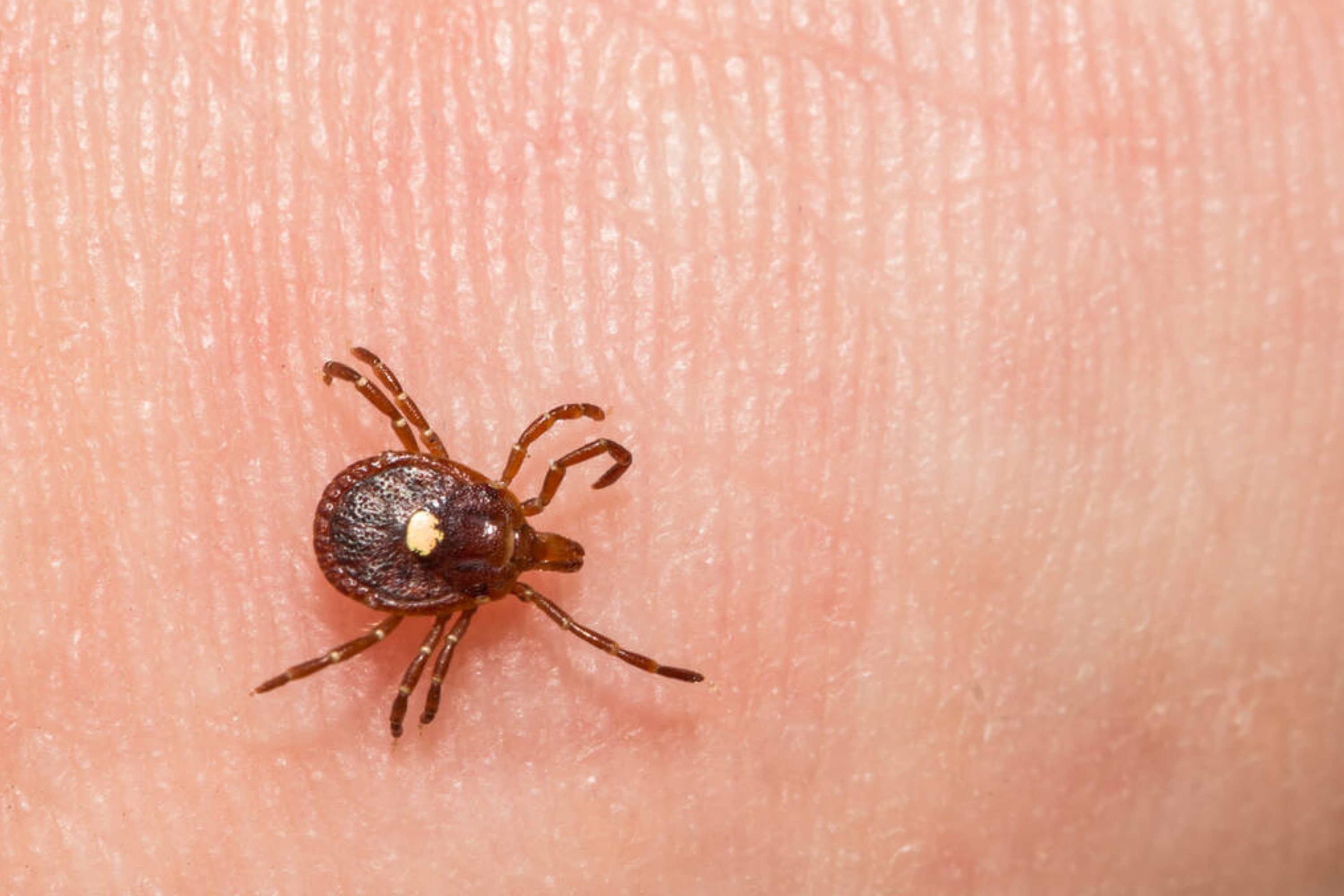
They Provide Food for Other Animals
As we have already said, ticks serve as food for other animals, as well as birds and lizards. However, people rarely realize how many different creatures actually feed on these bloodsuckers!
If you have ticks on your property and you are worried about their population spreading, check if you have one of the following animals around to keep ticks under natural control. These are the natural tick predators:
- Chicken
- Guinea fowl
- Wild turkeys
- Frogs
- Toads
- Squirrels
Also, ticks can serve as food for spiders, opossums, lizards, ants, and fire ants.
They Tell Scientists How the Environment is Doing
This is another beneficial role ticks play in nature. How can they help scientists to monitor the state of the ecosystem, you may wonder? Scientists monitor tick populations to find out how specific ecosystems are doing.
In the areas where tick populations are abundant, there will be many smaller mammals, such as rodents, squirrels, and rabbits. But if there are low tick populations in specific areas, scientists can make a conclusion that predators of smaller animals are probably getting out of control.
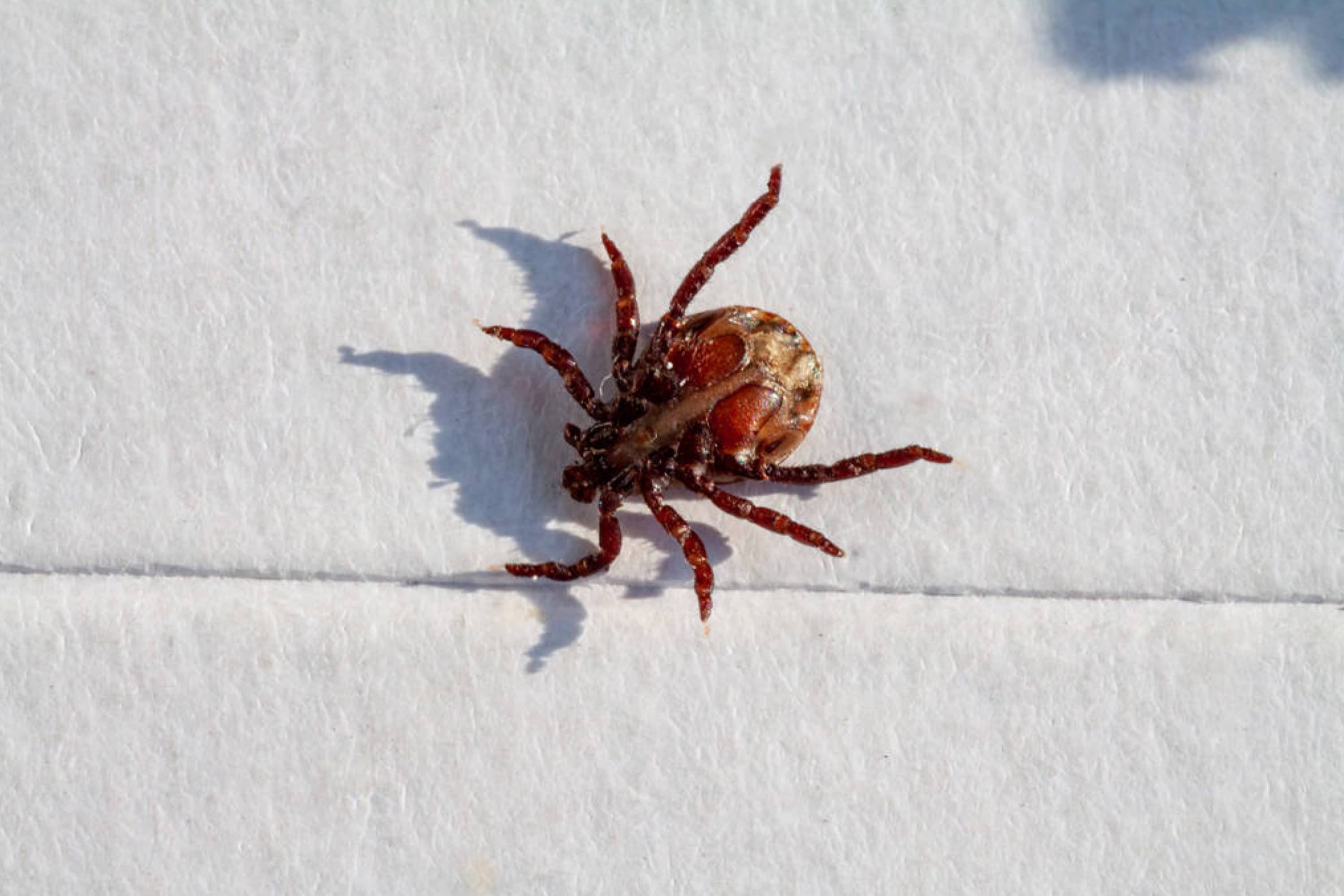
Ticks: Friend or Foe
People often wonder whether ticks should be considered dangerous insects. And to be honest, this is a complicated question. See, some species of ticks are dangerous for humans since they transmit serious diseases like Lime disease and others. However, there are also species that are basically harmless to people. Nevertheless, these bloodsucking creatures can still bring certain discomfort due to the skin irritation their bites may cause.
On the other hand, ticks are not useless! They are necessary for nature and the ecosystem. Ticks serve as mammal population controllers. Since they transmit diseases that are spread through their bites among animals, weak mammals will die.
As a result, only the strong and healthy ones will survive and breed, making the population better. In addition, ticks can be helpful for scientists. These tiny creatures help scientists to figure out in what state the world’s ecosystem is now.
So you can’t actually say that ticks are bad or good. We would say they can be both, depending on the perspective you observe them.
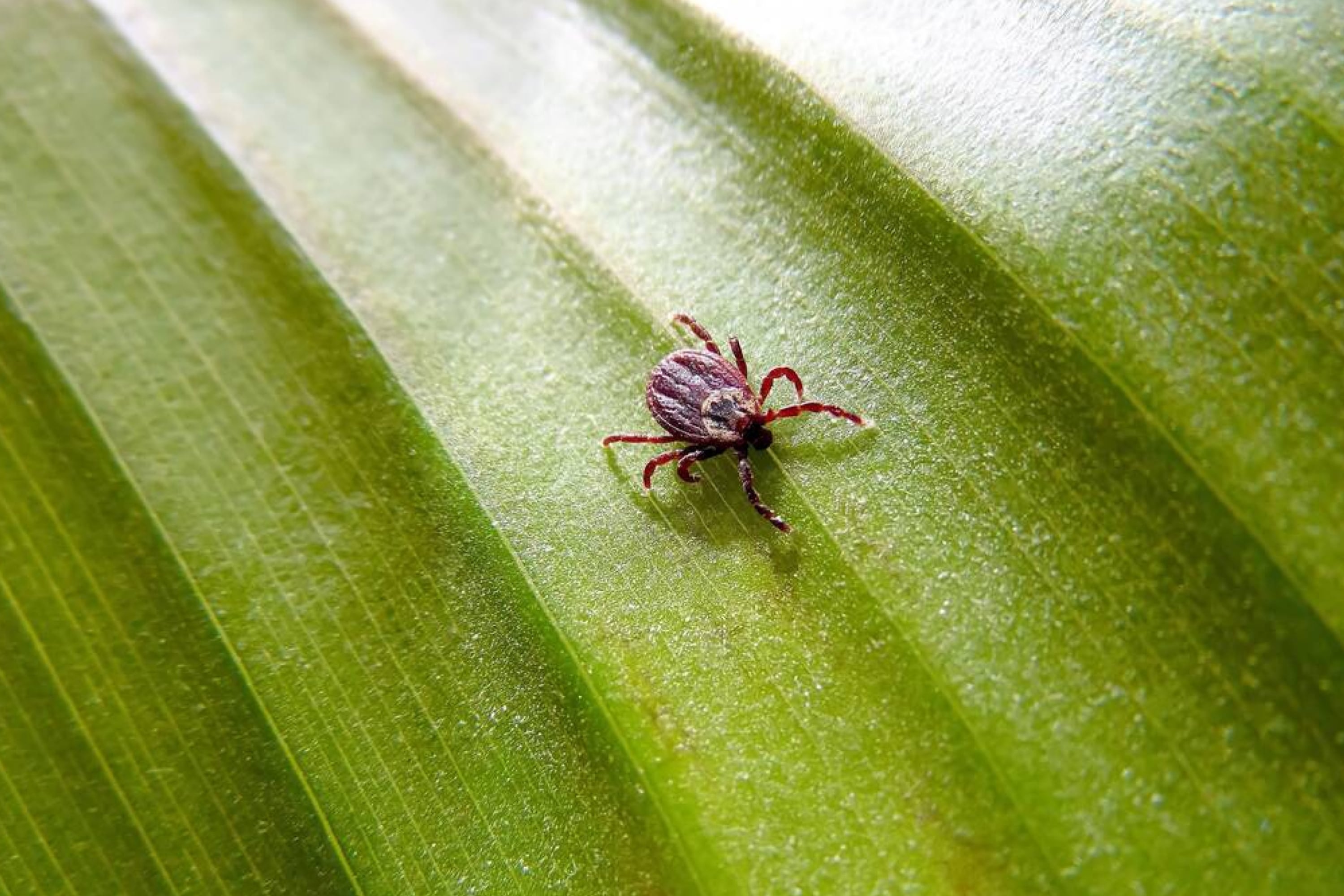
Avoiding Ticks
Ticks are nasty creatures. They are hard to notice and locate, but they often cause quite a lot of problems for homeowners. No wonder people are constantly searching for new ways of not only getting rid of these tiny bloodsucking insects but also avoiding them.
Below, we have described a few most popular and efficient methods of avoiding meeting ticks on your property or anywhere else outdoors where they might dwell.
Use Tick Repellent
This is the simplest way of keeping ticks away from you when you are outdoors. Tick repellent works the same way as any other insect repellent. You apply it to your clothes and gear before going outside, and ticks won’t be attracted to you. However, we recommend you choose the repellent carefully! Some products are not meant for little children under the age of 3 years old!
Wear Protective Clothing
Even if you don’t have a tic repellent yet, you can still protect yourself from these creatures by wearing the right clothes. Whenever you go outside (especially if you are headed to a forest or another place with high grass and bushes), remember to wear a long-sleeved shirt, long pants, and high socks.
Your head should also be covered with a hat or a cap since ticks may fall off the trees sometimes! Also, we recommend you wear light-colored clothes, preferably white or light beige. This way, you can easily spot a tick should it end up on you.
Inspect Your Yard
Ticks prefer to live in tall grass and shady areas. They also like thick shrubs and piles of fallen leaves. So before the tick season arrives, ensure you cut the grass in your yard.
Also, trim the trees and shrubs if you have them, and remove any old leaves or piles of old cut-off sticks that might be lying on the ground. By doing this, you will keep your property clean and easy to inspect for tick nests.
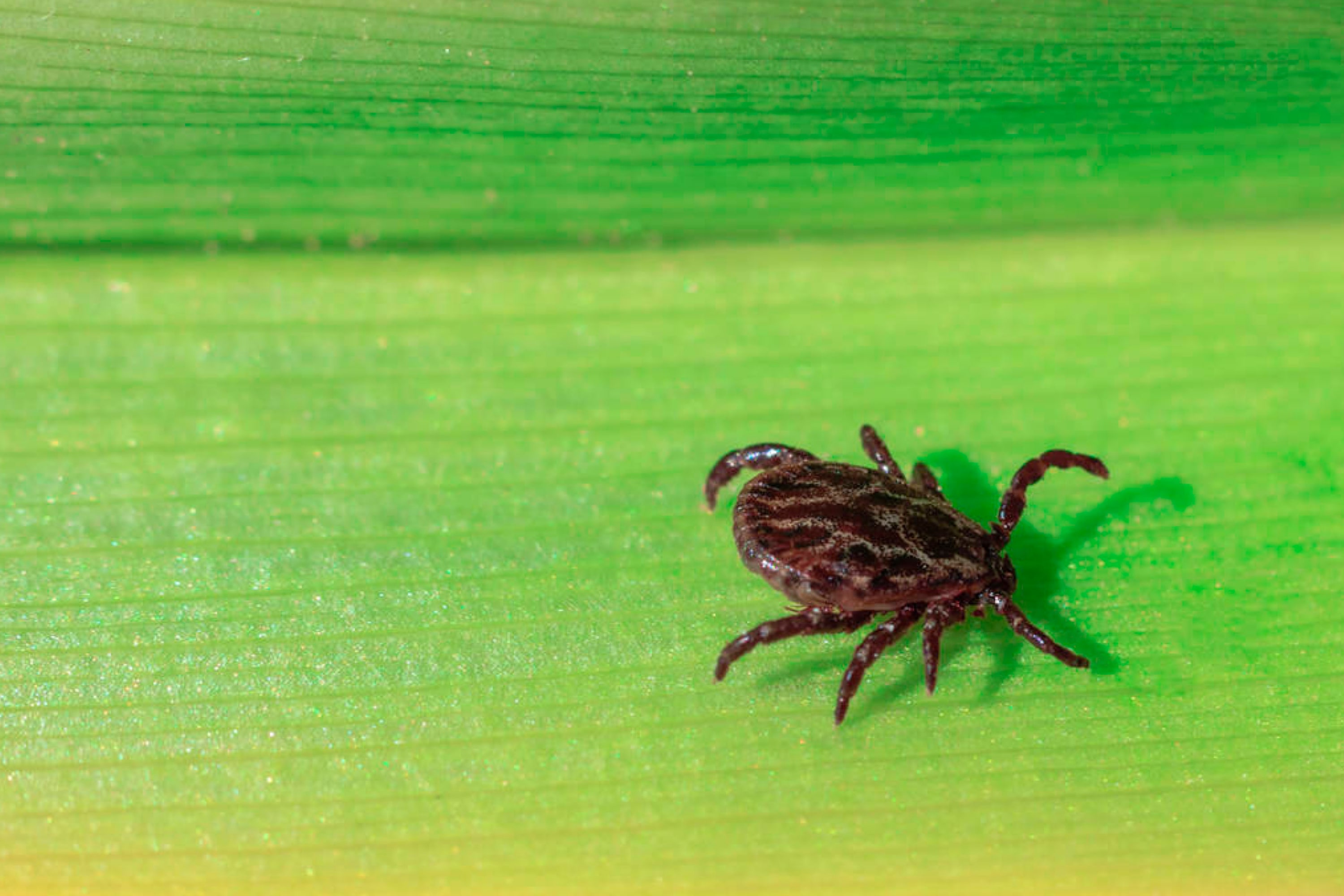
Conclusion
Now you know what purpose ticks serve. But even though ticks can be useful for nature, they are still not good for us people. Some species of ticks transmit dangerous diseases, but even the interaction with harmless kinds can still lead to health issues.
This is why you should be careful and avoid getting in contact with them by all means.
When you go outside during the tick season, make sure you are wearing appropriate clothes with long sleeves and pants. Also, remember to use repellents to keep these creatures away. Finally, stay away from thick shrubs and high grass since those are the favorite ticks’ hideouts.
[wp-faq-schema title=”Frequently Asked Questions”]
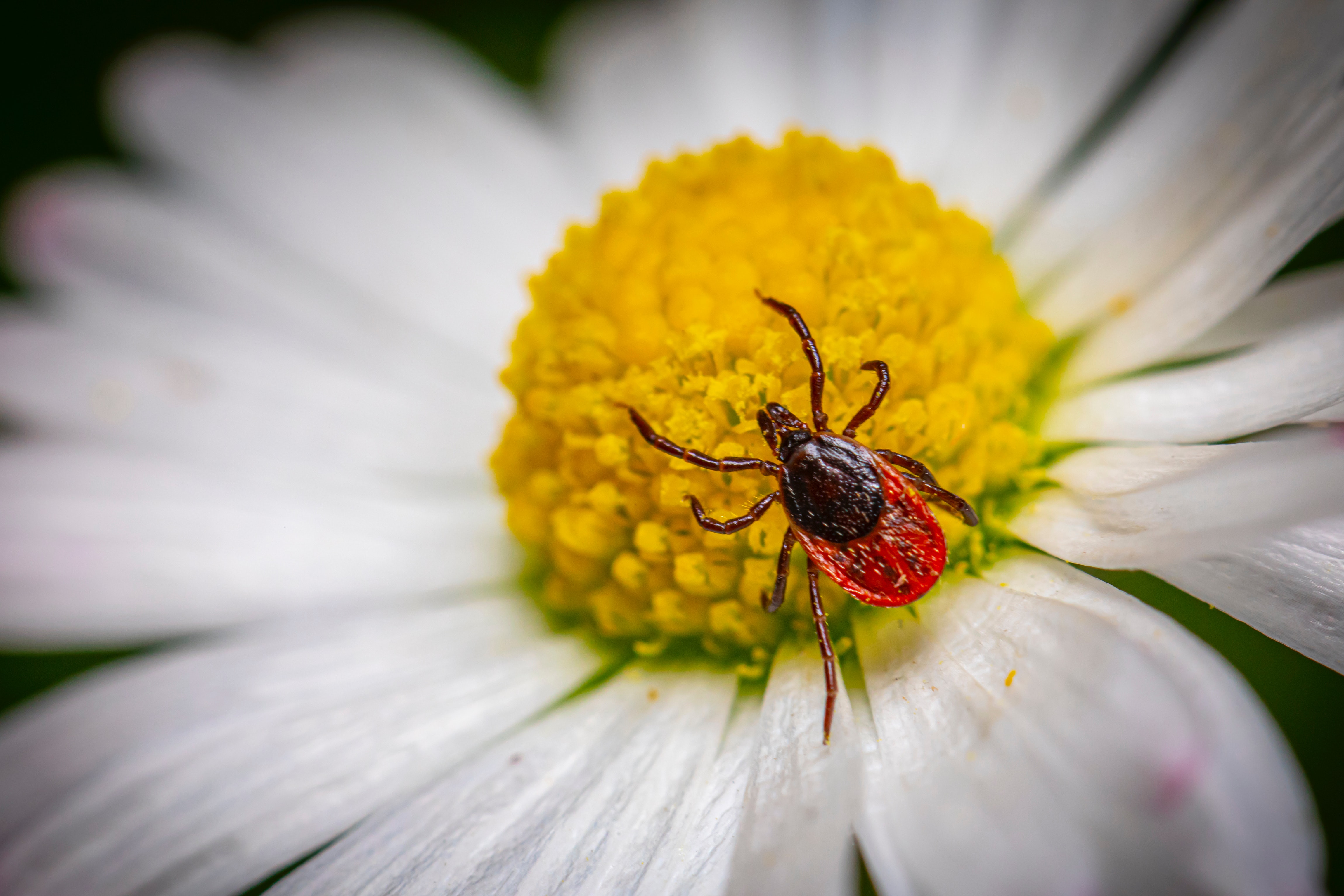
We always hear about how ticks are bad and dangerous.
But what would happen if ticks went extinct? Does anyone know what are the possible effects of their dying out?
Well, I’m not a scientist, but I guess that many ecosystems would get screwed up without ticks. Parasites are nasty beasts, that’s true, but without them, the ecosystems would collapse, I suppose. Ticks in particular help to keep the animal species in balance and under control due to the diseases these parasites carry and transmit to mammals.
Without this, we would probably have lots of species ding out slowly because of the excessive number of weak and old animals.
What do ticks eat in the wild? Is it only the blood of animals and humans that they feed on?
Yes, technically, they consume only blood. They can feed on mammals, people, birds, and even reptiles! I was shocked when I learned about that!
I’ve been fighting ticks every year for quite a long time by now. My yard is getting invaded every year when it’s tick season. And I know they are nasty little beasts, but I have recently asked myself: are ticks good for anything at all? Maybe some of you know?
Hi! As far as I know, they help to keep the ecosystem balanced. And also, ticks show how well a certain ecosystem is doing.
I’ve always wondered what would happen if ticks went extinct? How could it affect the ecosystem and nature?
Weel, I guess things would go wrong and there would be a huge mess! See, without ticks, the deer population would explode, destroying the forests. The absence of trees, in turn, would ruin the oceans. At least, that’s how I imagine that. But I could be wrong!
Hello. Thanks for explaining in detail why ticks can be considered useful for nature. Could you also share your vision of what purpose do mosquitoes serve?
Hello. Mosquitoes are considered biological control agents. They help keep insect populations under control. They also pollinate flowers and serve as a food source for birds. Besides, mosquito larvae are food for fish, frogs, and dragonfly nymphs.
How do ticks benefit from humans? Is it only food these insects get from us?
I guess it’s only food. They are bloodsuckers, which is why they need human blood to feed and survive. Well, maybe, we also serve as their transportation means! As far as I know, ticks don’t travel very far, unless they are on their hosts. So humans kind of help them to spread.
After reading all this about ticks (I mean, the diseases they transmit, etc.), there’s only one question I have: are ticks important to the ecosystem?
Oh, I had that question too! But surprisingly, they are necessary for the ecosystem! See, ticks serve as food for other animals. But also, by the state of the population of ticks, scientists can tell how the ecosystem is doing in general. So these insects serve as ecosystem wellbeing radars!
Why do ticks attach to humans? Is it only we serve as their food sources?
I guess this is the only reason. Well, maybe, they also need us for traveling around and changing their location, but this is hardly the major purpose. Food is the key.
What do ticks do to humans except for feeding on our blood?
Ticks can transmit serious diseases (although not all tick species do that!). However, some ticks transmit bacteria that cause illnesses, including Lyme disease and Rocky Mountain spotted fever.
Hi everyone! I’m here to ask you something. What are the disadvantages of ticks except for transmitting bad diseases? Do they cause any other kind of harm?
I remember my uncle (he is a farmer) told me that large numbers of ticks cause reduction in live weight and anemia among domestic animals. Well, and also, tick bites also reduce the quality of hides. But apart from irritation or anemia, tick bites can cause severe dermatitis.
Why do ticks need blood? I mean, what is ti so important in human blood that they need?
I’m also curious about this, but unfortunately, I can’t give you the answer sinced I don’t know. I guess there is something in our blood that they need to live, but that’s just my guess.